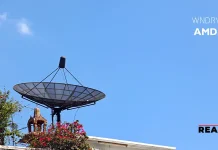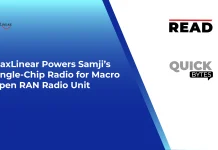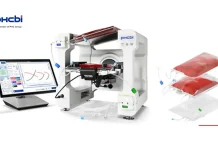Cartherics Pty Ltd, a biotechnology company developing immune cell therapies for the treatment of cancer and other diseases, is pleased to announce that it has successfully raised well over its target AU$15M in an oversubscribed financing round.
This funding will support the clinical trial for CTH-401, the Company’s lead cell therapy for ovarian cancer, and expand its pipeline to include other diseases.
Cartherics’ Chief Executive Officer, Prof. Alan Trounson AO commented: “The successful capital raising, in times of scant investment support in biotechnology, is welcome and further supports confidence in the company for the delivery of effective therapies in ovarian cancer and other difficult diseases.”
CTH-401 is the only natural killer (NK) cell product currently under development that incorporates a chimeric antigen receptor (CAR) that targets the adenocarcinoma specific antigen, TAG-72 – a well-validated tumour marker, widely expressed in a range of solid tumours, including ovarian, gastric, colorectal, prostate and pancreatic cancers.
Also Read: Emulate, Inc. Launches Chip-R1 for Enhanced Biological Modeling
Cartherics has demonstrated that CTH-401 is very effective in killing ovarian cancer cells in both tissue culture and animal models, with initiation of the first clinical trial planned for next year.
Cartherics’ Chairman, Bob Moses said: “We are eager to start the CTH-401 clinical trial, building on promising preclinical results. This milestone reflects our commitment to innovative ovarian cancer treatments and our investors’ confidence in our vision to improve patient outcomes and drive growth.”
Cartherics Pty Ltd is a privately held biotechnology company based in Melbourne, Australia that is rearming the body’s immune system to fight cancer. It is developing cell-based immunotherapies for the treatment of cancer, with a portfolio of CAR-T and CAR-NK cell products. The Company’s allogeneic (“off-the-shelf”) cell platform is based upon iPSCs generated from donated cord blood that can be differentiated into NK cells, T cells and other immune system cells.
SOURCE: Businesswire






